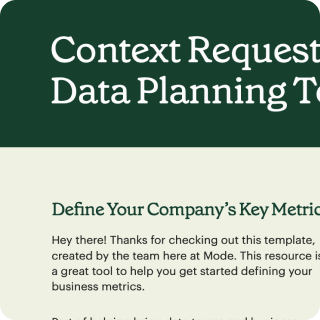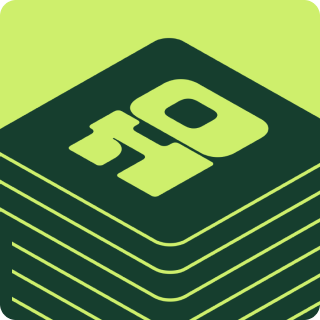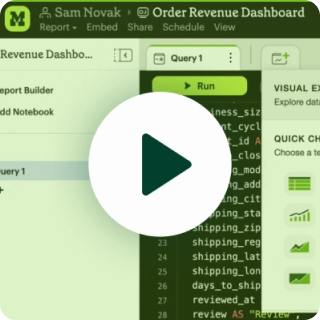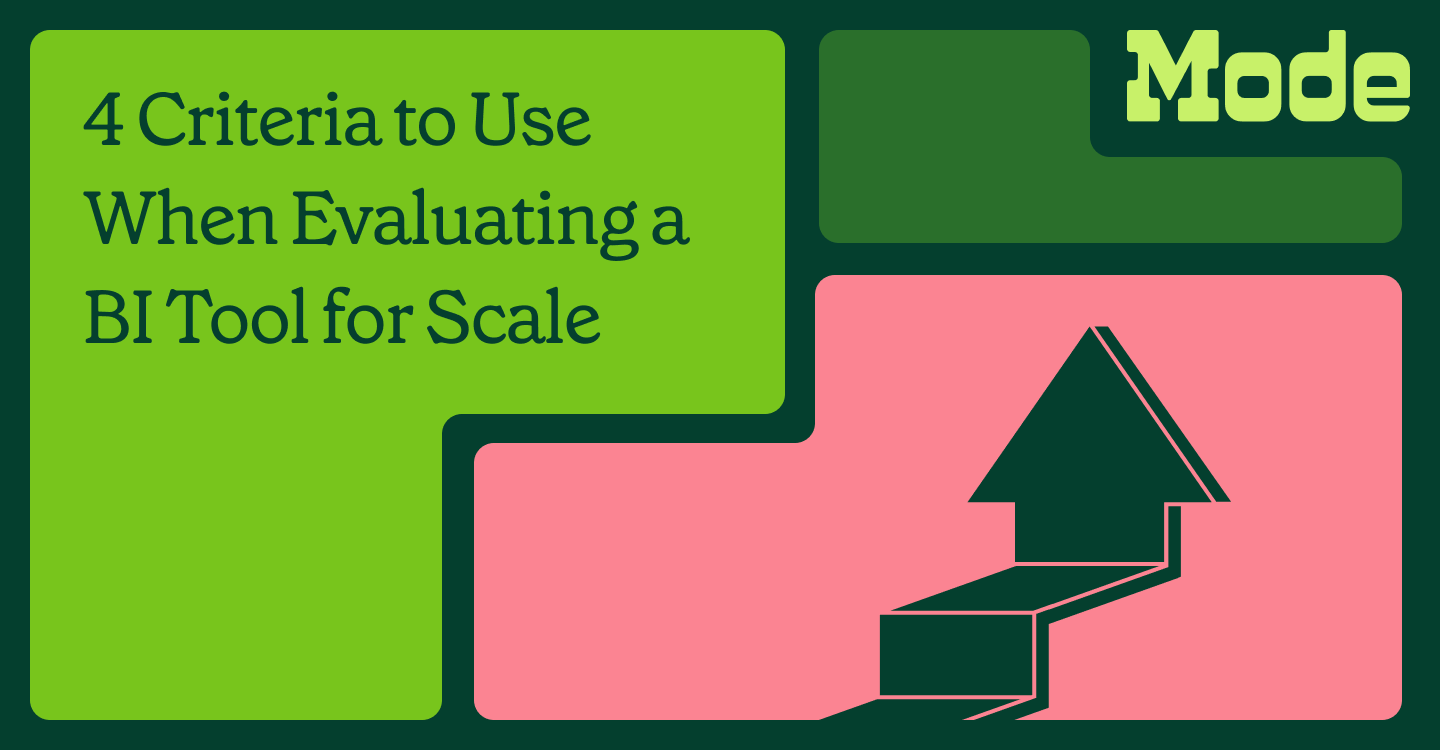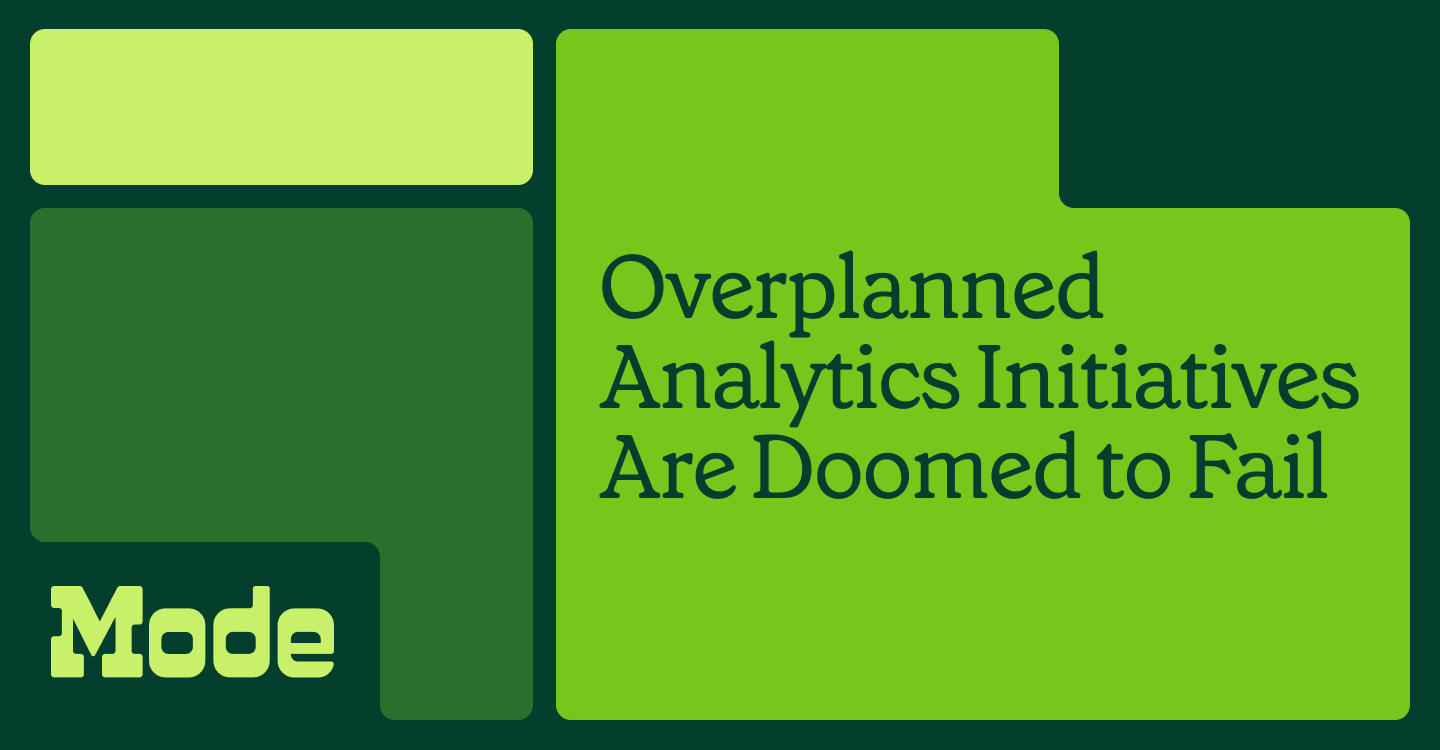As an academic discipline, data science is bigger than ever, and still growing. Inside Higher Ed recently reported that 303 new accredited data science programs have been founded in the U.S. since 2010, an increase of 52 percent. A 2017 report from the Business-Higher Ed Forum found a huge demand for graduates with data science and analytics skillsets, and recommended that universities make data science courses a requirement for all students.
The growth of data science in academia is largely a function of its massive expansion in private industry. Just as many early computing breakthroughs happened under the aegis of private companies (like AT&T Bell Laboratories), many of the major advancements in data science over the last decade have been developed by large private companies like Google, Facebook and LinkedIn. These companies have effectively catalyzed a surge in demand for data scientists. As major players' investments in data science have paid major dividends, more and more companies of all sizes and in all sectors are coming to see data science as a crucial part of their success.
For academics and PhD students, the demand for data scientists in private industry translates into an ever-wider array of opportunities. Paired with a steady downturn in academic hiring and stability over the past few decades, it's no wonder that more and more trained academics are turning to the private sector.
We reached out to five leaders in the data science and analytics communities who made the leap from academia to industry, and asked for their advice on the subject for others considering a career change.
-
Clarice Robenalt is lead data analyst at Compology. She has a masters in psychology and studied towards a PhD before taking her first job as an analyst at Infer.
-
David Robinson is chief data scientist at DataCamp. He has a PhD in computational biology, and previously worked for Stack Overflow as a data scientist. With Julia Silge, he's the author of the O’Reilly book Text Mining with R.
-
Jerry Claghorn is manager of data visualization at Lumere. He has a PhD in physiology, and worked previously for the healthcare company Centene.
-
Julia Silge is a data scientist at Stack Overflow. She has a PhD in astronomy, and has held faculty, ed tech, and nonprofit positions before taking a job in the private sector. With David Robinson, she's the author of the O’Reilly book Text Mining with R.
-
Matt George is a senior machine learning engineer at Planet. He has a PhD in astrophysics, and after completing the Insight Data Science program, worked as a data scientist at Square and Airware.
Why did you decide to move from an academic position to a position in industry?
Jerry Claghorn
"Academia is extremely competitive. It always felt like there were 100 times as many talented, hopeful academics as there were desirable jobs (professor in a city/state that I would want to live). All of my friends felt similarly, and only the very most passionate among them are still pursuing a traditional academic career. I did not feel passionate enough about my subject to struggle through multiple postdocs for the hope of the eventual opportunity to land a great job, and I knew that my experience with programming and statistics was immediately marketable in most industries. I took the first job offer that I was given, and I haven't looked back."
Clarice Robenalt
"I was miserable in a PhD program and was struggling a lot with mental health and finances."
Matt George
"The data science field grew rapidly while I was doing my PhD in astronomy. I started to understand that there were more opportunities to work on interesting problems in industry than I had realized, and that the skills I was developing could be useful there. The potential to have a greater impact and to see practical applications of my work was appealing. The breadth of jobs out there also allows for more agency in choosing where to live and work, which is a challenge in academia. Switching from academia to industry wasn't an easy decision for me at the time, but I'm happy I did."
How did you land your first industry job?
David Robinson
"The most effective strategy for me was doing public work. I blogged and did a lot of open source development late in my PhD, and these helped give public evidence of my data science skills. But the way I landed my first industry job was a particularly noteworthy example of the of public work. During my PhD I was an active answerer on the programming site Stack Overflow, and an engineer at the company came across one of my answers (one explaining the intuition behind the beta distribution). He was so impressed with the answer that he got in touch with me, and a few interviews later I was hired."
Julia Silge
"My first job where I held the title "data scientist" was in the nonprofit world, and there are so many opportunities for data analysts and data scientists to make a big impact and gain valuable experience working at nonprofits. The pay is lower, but in my experience that means organizations are more willing to give newcomers a chance. There are also unplumbed depths of opportunity to show what you can do with data, how you can make an impact in your field, and what kind of data communicator you are. If it's a great fit, you can spend a large part of your career in the nonprofit world; if not, you spend your energy improving the data practices of a nonprofit organization for a while and then transition to a different sector."
Clarice Robenalt
"My first industry job came through a connection in my personal network. I wouldn't have gotten the job if I hadn't taught myself some python during my undergraduate years. I also leveraged my statistical training from graduate school."
Matt George
"I started out with a few awkward interviews for which I wasn't well-prepared. Fortunately I had some friends and colleagues that had begun data science careers who helped me with advice and commiseration. As I finished up grad school, I took part in the Insight Data Science program. It was a really engaging group of people and the experience was helpful for me to round out my skillset, prepare for interviews, and learn about the range of data science roles and companies. Through that program, I landed a number of interviews which were mostly less awkward than before, and then joined Square."
What surprised you most about your first industry job?
Jerry Claghorn
"Quick, directionally-accurate answers are typically preferred over precise answers that take longer to verify. It's a whole new skill that recovering academics must overcome - learning when your analysis is good enough and going with it."
Julia Silge
"It shouldn't have surprised me because literally every single person/blog/etc said this, but the pace of work in industry is so much faster than in academia. It took quite an adjustment. I was so shocked at the beginning that I would deliver some model or recommendation and then a team would implement it for a production system. Like, THAT SAME WEEK."
Clarice Robenalt
"Data was no longer hard come by the way it had been in graduate school. Industry also offered more well defined projects that were completed in smaller increments of time. I was surprised by how much more satisfied and motivated I felt with this new structure of work."
Matt George
"There was a lot more collaboration than I anticipated. In academia, my day-to-day work was often done in isolation and it was easy to get stuck on a problem for extended periods. But in a company, people are generally aligned toward a shared goal and I find it easier to get help and learn from others."
What's the one skill you learned in academia that you use most often in your current job (or in your most recent industry job)?
Jerry Claghorn
"Finding my own answers or solutions to challenges. Academia was incredibly isolating because you were likely learning things that were on the edges of what anyone else could help you with, so most times if you had a problem, you had to work hard to get through it. This made me a better learner and problem solver overall, which is the most valuable skill for an analyst."
Julia Silge
"Hands down, it was the real world experience I had understanding and analyzing messy data that was generated in some not-quite-understood method. During my time in academia, I was an observational astronomer, which means that I spent my time munging, analyzing, plotting, and writing about real data from real astronomical objects that was gathered using real telescopes. The grit, hacking skills, and data analysis intuition that I gained are all things I rely on every single day."
Clarice Robenalt
"Academia really shaped the way I approach problems. The time I spent in a psychology department taught me to construct hypotheses and test them in an environment where they could legitimately fail. The ideal experiment gives meaningful results even if your initial guess was incorrect."
What's one thing you know now that you wish you'd known before (or during) making the leap from academia to industry?
Jerry Claghorn
"Presenting your data, no matter how well, is not enough to influence the thinking process of business decision makers by itself. You still need to seek out company and industry knowledge yourself and leverage that knowledge to influence thought. As an academic, it was common that if someone disagreed with you, you could just show them the data, and if it supported your argument and was free of obvious flaws, that was good enough. Not the case in business."
Julia Silge
"During my time in academia, I worried that working in industry would feel soulless or empty. In truth, some of my years in academia felt exactly that way and now working in tech, I am happy because I have amazing coworkers, work on interesting problems, and am valued by my company and my industry. (Yes, that last part is at least partly about money.) Working outside of academia has not left me feeling crushed, but instead fulfilled."
Clarice Robenalt
"How to negotiate salary. I got taken for such a ride with my first salary and didn't realize how underpaid I was until I was months into the job. I felt really trapped and taken advantage of, but also didn't feel I was in a position to renegotiate until I hit my one year cliff."
Matt George
"Hmm, I guess it would have been nice to know that cryptocurrencies would become a real thing in a few years."
